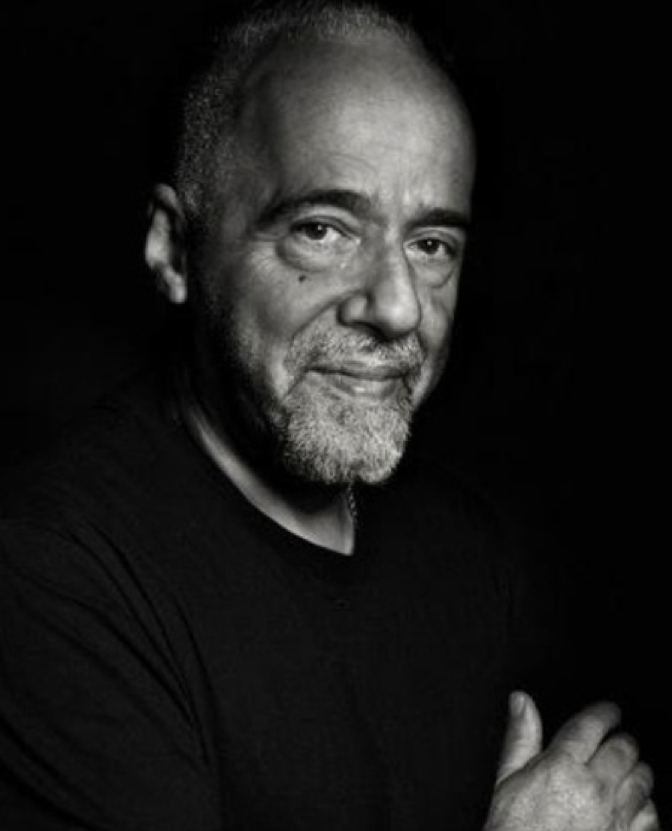The shortest constitution in the world
A group of wise Jewish men met up in order to try and create the shortest Constitution in the world. If anyone – in the space of time a man takes to balance on one foot – were capable of defining the laws governing human behavior, he would be considered the greatest of all wise men.
God punishes criminals, said one.
The others argued that this was not a law, but a threat; the phrase was not accepted.
God is love, commented another.
Again, the wise men did not accept the phrase, saying that it did not properly explain the duties of humanity.
Just then, Rabbi Hillel came forward. And, standing on one foot, he said:
“Do not do to another that which you would abhor being done to you; that is the law. All the rest is legal commentary.”
And Rabbi Hillel was considered the greatest wise man of his time.
Covering the sun with one’s hand
A disciple went to Rabbi Nachman of Bratslav.
“I shall not continue with my studies of sacred texts,” he said. “I live in a small house with my brothers and parents, and never have the ideal conditions for concentrating on that which is important.”
Nachman pointed to the sun and asked his disciple to place his hand over his face, in order to hide it. The disciple obeyed.
“Your hand is small, yet it can completely cover the power, light and majesty of the great sun. In the same way, the small problems manage to give you the excuse you need in order to hinder your progress along your spiritual journey.
“Just as your hand has the power to hide the sun, mediocrity has the power to hide your inner light. Do not blame others for your own incompetence.”
It seems so obvious
Rabbi Ben Zoma was asked:
Who is wise?
He who always finds something to learn from others – said the Rabbi.
Who is strong?
The man who is capable of dominating himself.
Who is wealthy?
He who knows the treasure he has: his days and hours of life, which can change everything which goes on around him.
Who deserves respect?
He who respects himself and his neighbour.
“These things are all so obvious,” commented one of those present.
“That is why they are so difficult to observe,” concluded the Rabbi.
More at https://paulocoelhoblog.com/?s=stories
Rabbi Hillel (110 BCE-10 CE) was a Jewish religious leader, sage and scholar, popularly known as the author of two sayings: (1) “If I am not for myself, who will be for me? And being for myself, what am ‘I’? And if not now, when?” and (2) the expression of the ethic of reciprocity, or “Golden Rule“: “That which is hateful to you, do not do to your fellow. That is the whole Torah; the rest is the explanation; go and learn.”
Rabbi Nachman of Breslov (1772-1810) attracted thousands of followers during his lifetime, and his influence continues today through many Hasidic movements such as Breslov Hasidism. His religious philosophy revolved around closeness to God and speaking to God in normal conversation “as you would with a best friend.”
Simeon ben Zoma was a tanna (rabbinic sage whose views are recorded in the Mishnah, the first major collection of the Jewish oral traditions) of the 1st and 2nd centuries CE. He was specially noted as an interpreter of the Jewish scriptures.

Paulo Coelho de Souza (born Aug. 24, 1947) is a Brazilian lyricist and novelist. His 1988 novel The Alchemist was an international best-seller.
Image courtesy: https://paulocoelhofoundation.com/
